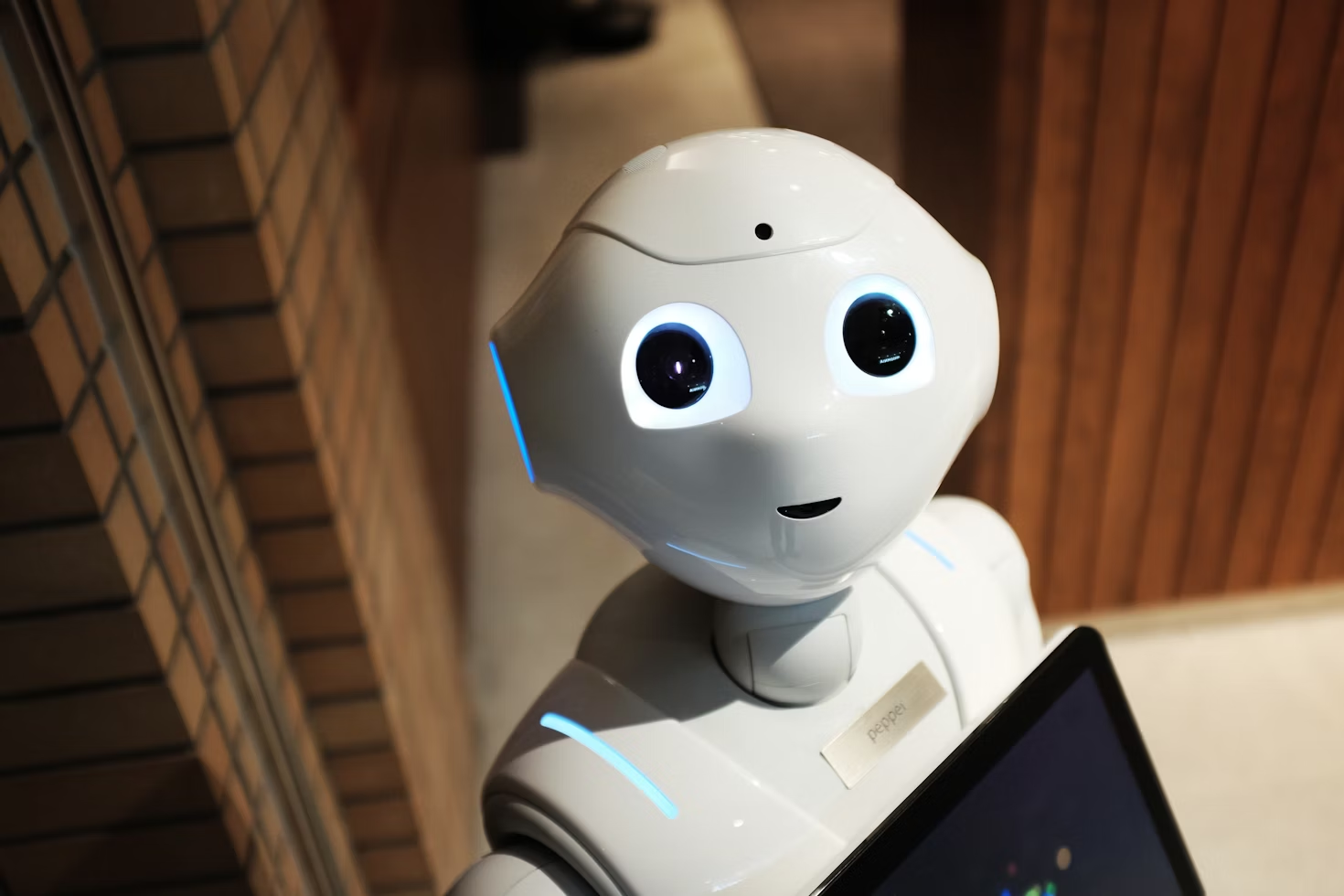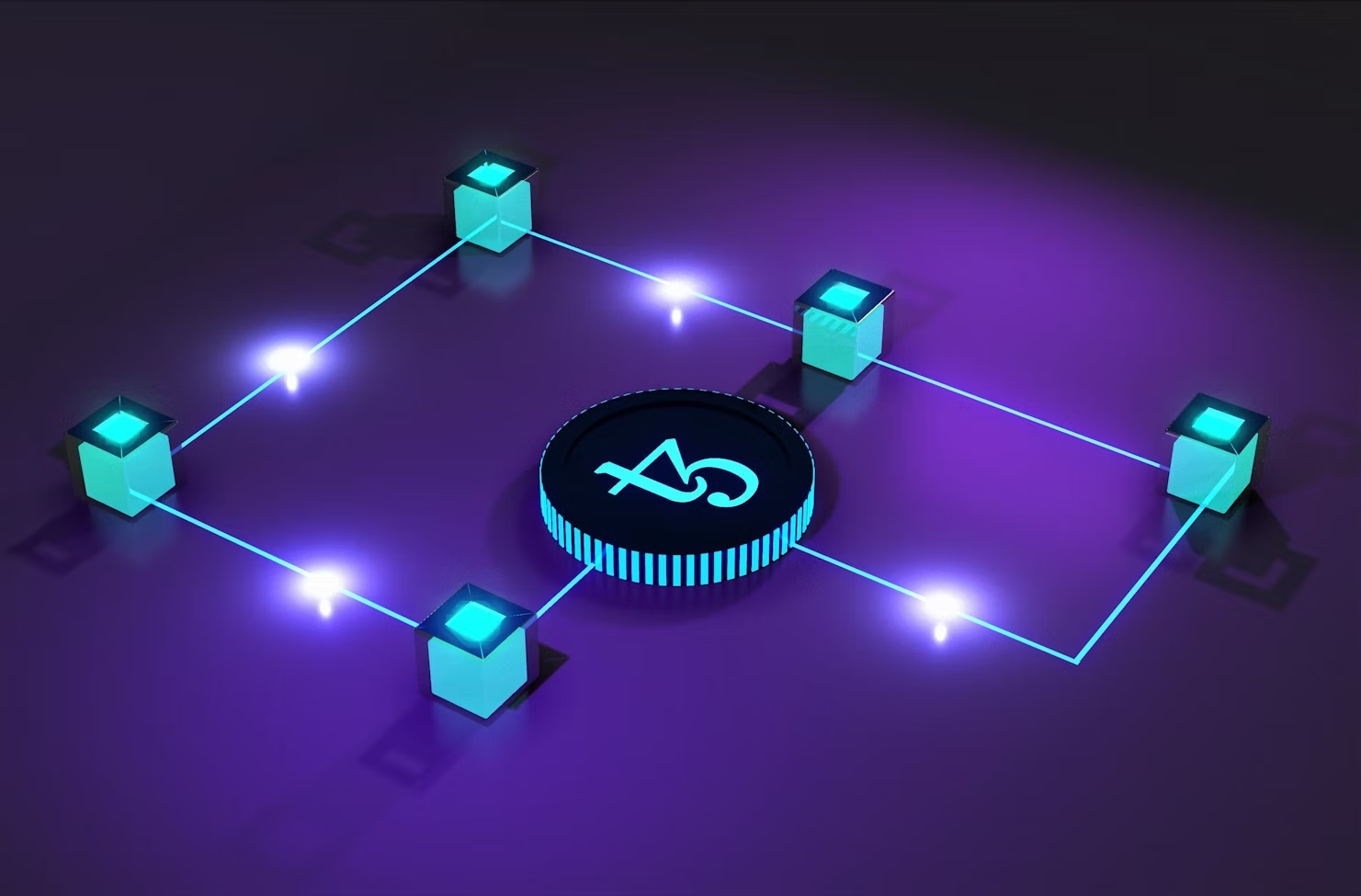Artificial Intelligence (AI) is transforming industries at an unprecedented rate, and by 2025, it will be an even more integral part of our daily lives. With technological advancements accelerating across sectors like healthcare, transportation, finance, and customer service, AI is no longer just a buzzword—it's the driving force behind the future of technology. In this post, we will dive into what AI’s future looks like in 2025, the innovations on the horizon, and how it will continue to shape the world we live in.
The Rise of Self-Learning AI
In 2025, AI systems will evolve beyond traditional programmed behavior into more autonomous and self-improving entities. Self-learning AI, or machine learning, will become mainstream across industries. These systems will have the ability to learn and adapt to new data without requiring constant reprogramming by humans. This will be a significant leap forward from current AI models, which rely heavily on predefined datasets to function.
In healthcare, for example, AI will move from simple diagnostic tools to sophisticated systems that analyze vast amounts of medical data, from patient histories to genetic information, to recommend treatments and predict outcomes. Rather than simply performing routine tasks, these self-learning AI systems will be capable of evolving over time, allowing them to continuously refine their processes. AI’s diagnostic capabilities will expand, enabling more precise and timely medical interventions.
In manufacturing, self-learning AI will have the ability to assess the performance of machinery in real-time, predicting when maintenance is needed before any failure occurs. With an ability to continuously monitor factory operations, AI will help streamline production lines, improve quality control, and reduce costs, making operations more efficient and minimizing downtime.
But with this autonomy, there are significant concerns, especially regarding ethical considerations. As AI systems become more autonomous, there’s a greater risk of errors and biases that could affect decision-making. If these systems make a mistake in healthcare or law enforcement, for instance, accountability becomes an issue. Developers will need to ensure that these self-learning AI systems are transparent, explainable, and ethically sound.
AI-Powered Automation: The Changing Workforce
By 2025, automation will become a fundamental aspect of various industries, fundamentally altering the workforce and redefining the way we approach work. AI-powered robots and machines will take over many of the repetitive tasks that are currently performed by humans, freeing up people to focus on higher-level activities that require creativity and complex decision-making.
In industries like retail and logistics, AI-powered automation systems will manage everything from inventory management to customer support. Retailers will rely heavily on AI to personalize shopping experiences, using data to recommend products and predict customer preferences. In logistics, AI and robotics will be used to automate warehouses and streamline supply chains, drastically improving efficiency and cutting down delivery times.
However, the shift toward automation will also raise concerns about job displacement. As robots and AI systems take on roles traditionally filled by humans, many jobs in sectors like manufacturing, customer service, and administration may become obsolete. This creates a significant challenge for workers who will need to adapt to new roles and acquire new skills.
Education and training will play a pivotal role in addressing this issue. As AI continues to take over manual tasks, workers will need to learn new, more specialized skills in fields such as AI development, machine learning, and data science. Embracing reskilling initiatives and ensuring workers have access to educational resources will be essential to preparing the workforce for the future.
AI and Ethics: Navigating the Challenges
As AI becomes more advanced and integrated into various aspects of life, ethical challenges will grow. There are several areas where these challenges will come to the forefront by 2025.
Bias in AI is one of the most pressing issues. AI systems are trained using large datasets, and if these datasets contain biased information, the AI will inevitably replicate those biases. This could manifest in areas like hiring, law enforcement, and healthcare. For example, an AI-powered hiring tool trained on biased data might unfairly favor certain demographic groups, perpetuating inequality in the job market. Similarly, AI systems used in criminal justice could disproportionately target marginalized communities, leading to unfair outcomes.
Another critical ethical concern is data privacy. With AI’s ability to process and analyze vast amounts of personal information, the risk of privacy violations increases. By 2025, it’s likely that AI will be deeply embedded in consumer products and services, from smart homes to wearable devices, collecting personal data at an unprecedented rate. Ensuring that this data is protected from exploitation and misuse will be essential in maintaining trust in AI technologies.
Finally, the accountability of AI systems will be a hotly debated issue. As AI takes on more decision-making roles, from healthcare diagnostics to financial recommendations, it’s important to consider who is responsible when things go wrong. If an AI system makes an incorrect decision that results in harm, it may be difficult to assign responsibility, as AI lacks human judgment and accountability. Developers, lawmakers, and regulators will need to collaborate to establish frameworks for AI accountability.
The Impact of AI on the Future of Work
The future of work in 2025 will be significantly influenced by AI. As more tasks become automated, the job landscape will shift dramatically. Some roles will be completely replaced, while others will evolve to incorporate AI tools. The challenge for workers will be to adapt to these changes and learn to work alongside AI systems, rather than being replaced by them.
In fields like finance, AI will help analysts identify trends, predict market movements, and optimize trading strategies. But this doesn’t mean that human expertise will become irrelevant. On the contrary, humans will need to collaborate with AI systems to make sense of complex data, formulate strategies, and offer insights that AI may not be able to derive on its own. As AI handles the heavy lifting, humans will be free to focus on creative and strategic tasks.
To ensure that workers are not left behind, there will be a significant focus on reskilling and upskilling. Governments, businesses, and educational institutions will need to invest in training programs that help workers develop new skills that align with the evolving job market. AI literacy will become an essential skill, as individuals will need to understand how to interact with and manage AI systems.
Conclusion: Embracing the Future of AI
The future of AI in 2025 will be an exciting and transformative era for technology. AI will continue to evolve, with self-learning algorithms becoming more autonomous and capable of making decisions that improve various industries. Automation will streamline operations, improve efficiency, and redefine the workforce, while ethical concerns around privacy, bias, and accountability will remain critical issues to address.
As we embrace these advancements, it’s essential to foster a collaborative approach to AI development—one that involves businesses, governments, and individuals working together to ensure that AI benefits everyone. With careful planning, ethical considerations, and investment in education, AI will play a central role in shaping the future in a positive and impactful way.




